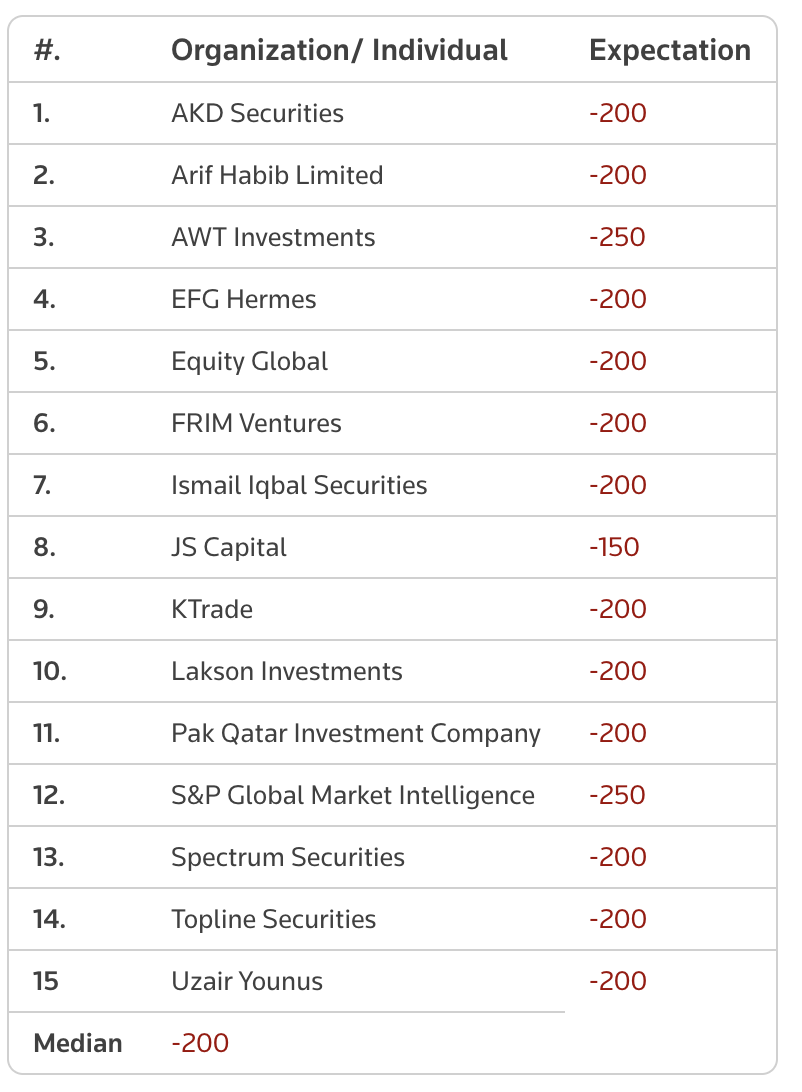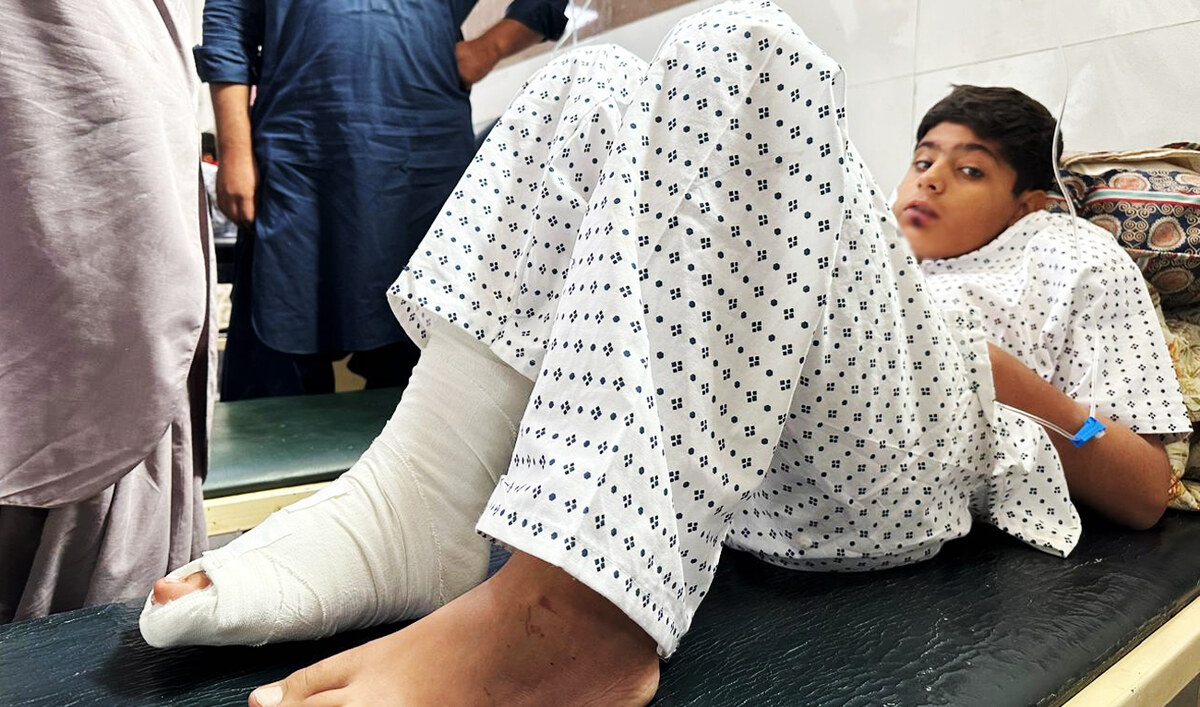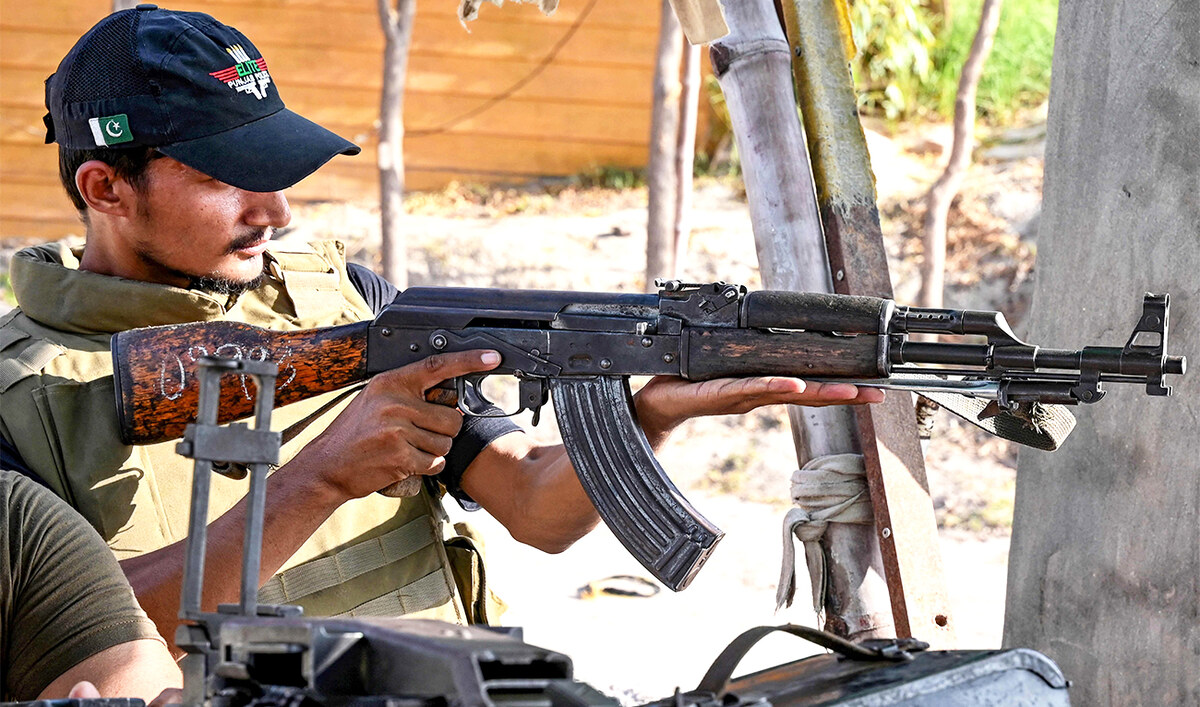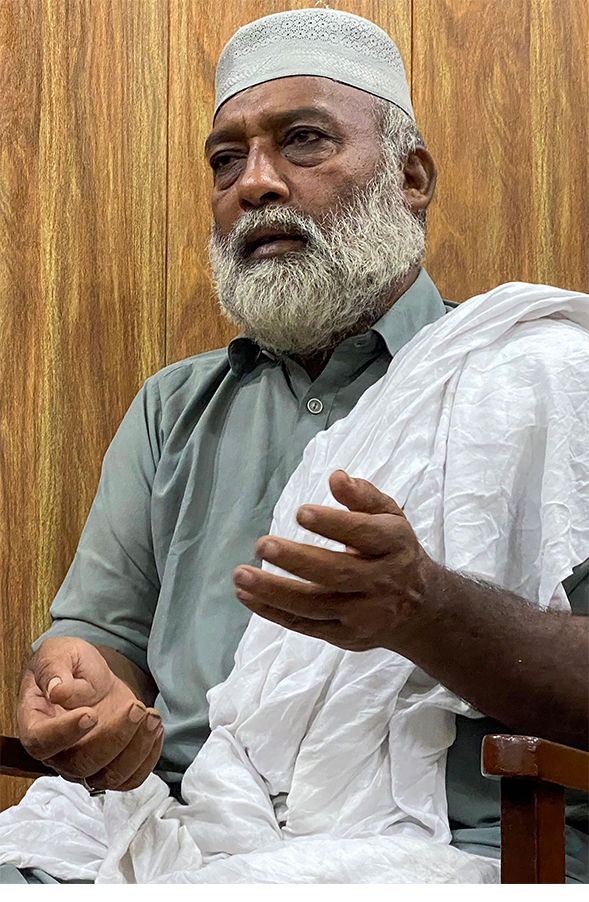ISLAMABAD: The Jamaat-e-Islami (JI) religious party on Thursday criticized the Pakistani government for increasing the prices of petroleum products, despite a decline in rates in the international market.
On Tuesday, US crude oil prices fell by 1 percent to below $67 per barrel, adding to Monday’s losses of more than 4 percent. This price level was the lowest since the beginning of October as market participants reassessed the risks of escalating Israeli attacks in the Middle East and potential disruptions in the oil sector.
Oil prices were likely to remain “too cheap” in the near term compared with fundamentals, Goldman Sachs analyst Daan Struyven told CNBC, citing demand from refilling the US Strategic Petroleum Reserve as well as from the airline industry.
But Pakistani authorities on Thursday respectively increased the prices of petrol and high-speed diesel by Rs1.35 and Rs3.85 per liter for the next fortnight, according to the country’s oil and gas regulator.
“The government is not ready to give relief to the people and the industry, then how will the country move forward,” JI chief Hafiz Naeem-ur-Rehman asked in his post on X late Thursday.
“Prices are decreasing in the international market and increasing in Pakistan.”
Rehman said the government increased the prices instead of announcing a major cut, demanding it to provide relief to the masses.
Pakistan revises petroleum prices every fortnight.
Petrol is mostly used in private transport, small vehicles, rickshaws and two-wheelers in Pakistan, while any increase in the price of diesel is considered highly inflationary as it is mostly used to power heavy transport vehicles and particularly adds to the prices of vegetables and other eatables.
This is not the first that the JI has called on the government to provide relief to inflation-stricken people.
In August this year, Rehman had led thousands of his JI party supporters to the garrison city of Rawalpindi, where they had staged a weeks-long anti-inflation protest. Demonstrations were also occasionally held in other Pakistani cities during the month.
Pakistan party protests increase in petroleum prices despite slump in international market
https://arab.news/wd932
Pakistan party protests increase in petroleum prices despite slump in international market

- Global oil prices are likely to remain ‘too cheap’ in the near term, analysts say
- Jamaat-e-Islami demands the government provide relief to inflation-hit Pakistanis

























